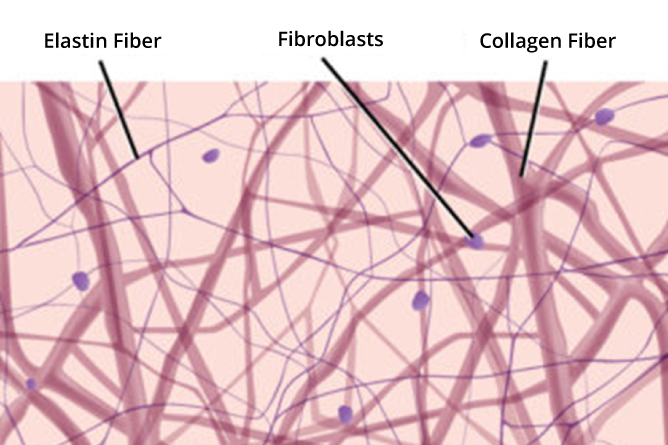The US Food and Drug Administration (FDA) has approved a novel implantable device for treating obesity.
The VBLOC Vagal Blocking therapy is delivered via the Maestro System (EnteroMedics), consisting of a rechargeable neuroregulator device implanted into the lateral chest wall with flexible leads placed laparoscopically around the vagus nerve. The surgical implantation takes about 60 to 90 minutes and is usually done on an outpatient basis, according to the manufacturer.
The first-of-kind device is indicated for the treatment of obese adults who have a body mass index (BMI) of 40 to 45 kg/m2 or of 35 kg/m 2 or greater with comorbid conditions such as hypertension or dyslipidemia and who have tried and failed at least one supervised weight management program within the past 5 years.
In an investor conference call, EnteroMedics president and chief executive officer Dr Mark B Knudson explained that the concept for the system’s mode of action originated from the observation of transient weight loss among patients undergoing surgical vagotomy, a procedure once commonly used to treat problematic stomach ulcers. Instead of severing the vagus nerve, the new device intermittently blocks the nerve by a defined daily schedule, reducing hunger and increasing feelings of satiety.
The therapy is reversible and can be noninvasively adjusted or turned off when necessary, such as with pregnancy.
FDA Advisory Panel Supported Approval
The FDA’s approval was based on a randomized clinical trial of 233 patients with a BMI of 35 kg/m2 or greater. All were implanted with the device, but it wasn’t activated in 76 who served as controls.
After 12 months, the group with the active device had lost 8.5% more body weight than did the controls, with about half (52.5%) of the active-device group losing at least 20% of their excess weight and 38% losing at least 25%. Those percentages fell short of the prespecified end points of at least 55% and 45%, respectively, leading to a mixed efficacy vote from the FDA’s Gastroenterology-Urology Devices Panel in June 2014.
Serious adverse events reported in the study included nausea, pain at the neuroregulator site, vomiting, and surgical complications. At the FDA advisory panel meeting, an EnteroMedics spokesperson had reported the serious adverse-event rate as 3.7%, falling well below the predefined safety endpoint of 15%. In an alternate analysis, the FDA presenters put the serious adverse-event rate at 8.6%, still below the predefined threshold.
More common but less severe adverse events included pain, heartburn, problems swallowing, belching, mild nausea, and chest pain.
Overall, the panel voted 6 to 2 with one abstention that the device’s benefits outweighed its risks for patients who met the proposed indication criteria.
According to an FDA statement, “In considering the benefits and risks of the device in its review of the Maestro Rechargeable System, the FDA considered the clinical study and the panel’s recommendations. Additionally, the agency looked at an FDA-sponsored survey relating to patient preferences of obesity devices that showed a group of patients would accept risks associated with this surgically implanted device for the amounts of weight loss expected to be provided by the device.”
As a condition of the approval, the FDA is requiring the company to conduct a 5-year postapproval study following at least 100 patients to collect additional safety and efficacy data, including weight loss, adverse events, surgical revisions/explants, and changes in obesity-related conditions.
The device is contraindicated for use in patients with cirrhosis of the liver, portal hypertension, esophageal varices, or an uncorrectable, clinically significant hiatal hernia; patients for whom magnetic resonance imaging or diathermy use is planned; those at high risk for surgical complications; and those who have permanently implanted, electrical-powered medical devices, gastrointestinal devices — such as pacemakers, implanted defibrillators, or neurostimulators — or prostheses.
EnteroMedics anticipates that the product will be available at select Bariatric Centers of Excellence in the US this year. It is currently working with both public and private insurers to secure reimbursement, an EnteroMedics spokesperson said during the investor call.


